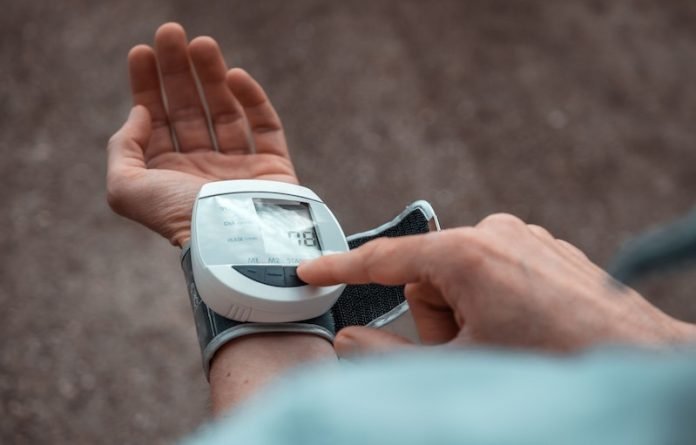
High blood pressure is a modifiable risk factor for heart disease and contributes about $131 billion annually to the cost of healthcare services, according to the Centers for Disease Control and Prevention.
In a study from Yale University, scientists found a potential target for the development of high blood pressure drugs.
They identified a genetic defect that can cause high blood pressure or hypertension in vivo.
Almost half of the people with high blood pressure or conditions linked to blood pressure are unable to reach a target blood pressure below 120/80 mmHg.
A broader understanding of disease pathways driven by genetic research may lead to better treatments.
In the study, the team used data from genome-wide association studies for hypertension and high throughput assays.
They discovered the role of PRDM6 in the regulation of blood pressure.
By generating different transgenic mouse models, the scientists were able to show that the PRDM6 gene plays an essential role in restraining the number of renin-producing cells during embryonic development.
Renin is an enzyme produced in the kidney and if elevated can cause hypertension. Aliskiren, a renin inhibitor, was able to normalize the blood pressure.
The genome-wide association study (GWAS) has already generated interest in the scientific community.
The team identified PRDM6 as the causal gene for a genome-wide association locus and established a link between PRDM6 mutation and the development of hypertension in vivo.
The research team will continue to study the developmental role of PRDM6 in blood pressure regulation.
They suggest since PRDM6 is an epigenetic regulator, understanding how it causes the disease can provide insight into how environmental factors can influence blood pressure.
If you care about blood pressure, please read studies about a major cause of high blood pressure, and this common plant nutrient could help reduce high blood pressure.
For more information about blood pressure, please see recent studies that black tea may strongly reduce blood pressure, and results showing herbal supplements could help reduce high blood pressure.
The study was conducted by Arya Mani et al and published in The Journal of Clinical Investigation.
Copyright © 2023 Knowridge Science Report. All rights reserved.



